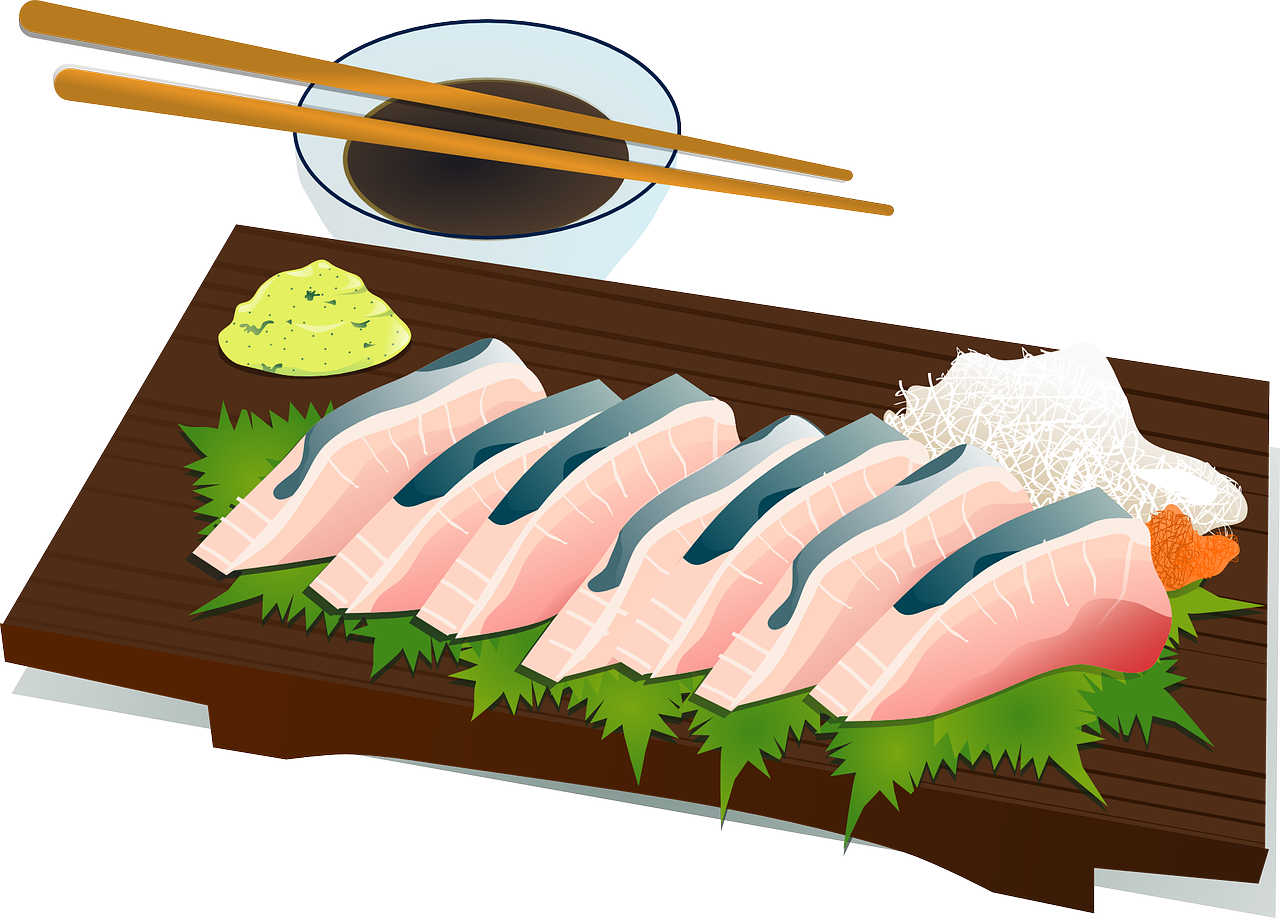Food is one of the most sensitive topics among cultures. People from different countries have varying tastes, and that can lead to some interesting discussions. Recently, this has been on my mind a lot. That’s why I thought it would be fun to explore the differences between Japanese and Chinese food by looking at it through a cultural lens.
There are so many dishes that come from both of these countries, but which country does them better? Which country is the ultimate winner in this battle of foods? Find out!
Japanese Food vs. Chinese Food
Japanese cuisine is best known for its emphasis on the freshest seafood and produce, as well as soy sauce. It’s also important to note that there are no beef-based dishes in this cuisine because cows are sacred in Japan.
Their food culture is also very much about balance; they believe that yin and yang must always be in balance, which explains why there are so many soups that use both chicken broth and dashi broth.
Chinese food can be a little more complicated to define because it has so many different regional variations. That being said, it’s safe to say that this country’s most famous dish is probably General Tso’s Chicken.
This dish hails from the Sichuan province of China and it’s been argued by some people that this dish became popular outside of China after being recreated by a chef from Taiwan who was working at a restaurant in New York City during the 1970s.
One of the main reasons Japanese food tends to win against Chinese food is due to the Westernization of Chinese food over time. In recent years, more and more restaurants have started serving dishes with less seasoning or spice because that’s what Westerners typically prefer.
I personally love both foods equally but if I had to choose one over the other, I would go with Japanese food because it incorporates a lot of fresh ingredients while balancing those ingredients with sauces like soy sauce or dashi broth–it’s just more balanced overall.
The Ultimate Battle
the cuisine of Japan is something I’ve always been curious about. The two countries are so similar in culture and geography, yet they have such divergent cuisines.
For me, it’s like trying to understand why my friend who was born in the same year as me but has grown up in a different country would eat or enjoy things differently than I do.
Japan and China are neighbors, with similar languages and cultures, but their food couldn’t be more different.
On one hand you have Japanese food which is known for its freshness, light flavors, and simplicity. Traditional Japanese rice dishes are served either white or brown–so no matter how spicy or exotic that dish may be, it remains authentically Japanese by not straying too far from its roots.
On the other hand you have Chinese food which is known for its grease (but flavor!), heavy meat dishes, and bolder tastes because it’s not afraid to experiment with new flavors or ingredients.
It also tends to be spicier than traditional Japanese dishes because soy sauce/chili paste/or Sichuan peppercorns can take any dish up a couple of notches on the spice scale.
And unlike traditional Japanese cuisine where sweet sauces are often paired with salty ones–Chinese cuisine often mixes sweet, salty, spicy flavors together into one dish resulting in what some people might call “delicious chaos.”
In this battle of foods that have similar origins but very different styles–who will come
Conclusion
So, which one is better?
It’s not a question you hear every day, but it’s one you might be asking yourself. If you’re thinking of traveling to Asia, you may wonder what the best cuisine is. And if you want to taste some fantastic dishes from both countries, you might want to know how they compare.
We hope this article has helped you make your decision and we wish you a happy and delicious trip!

